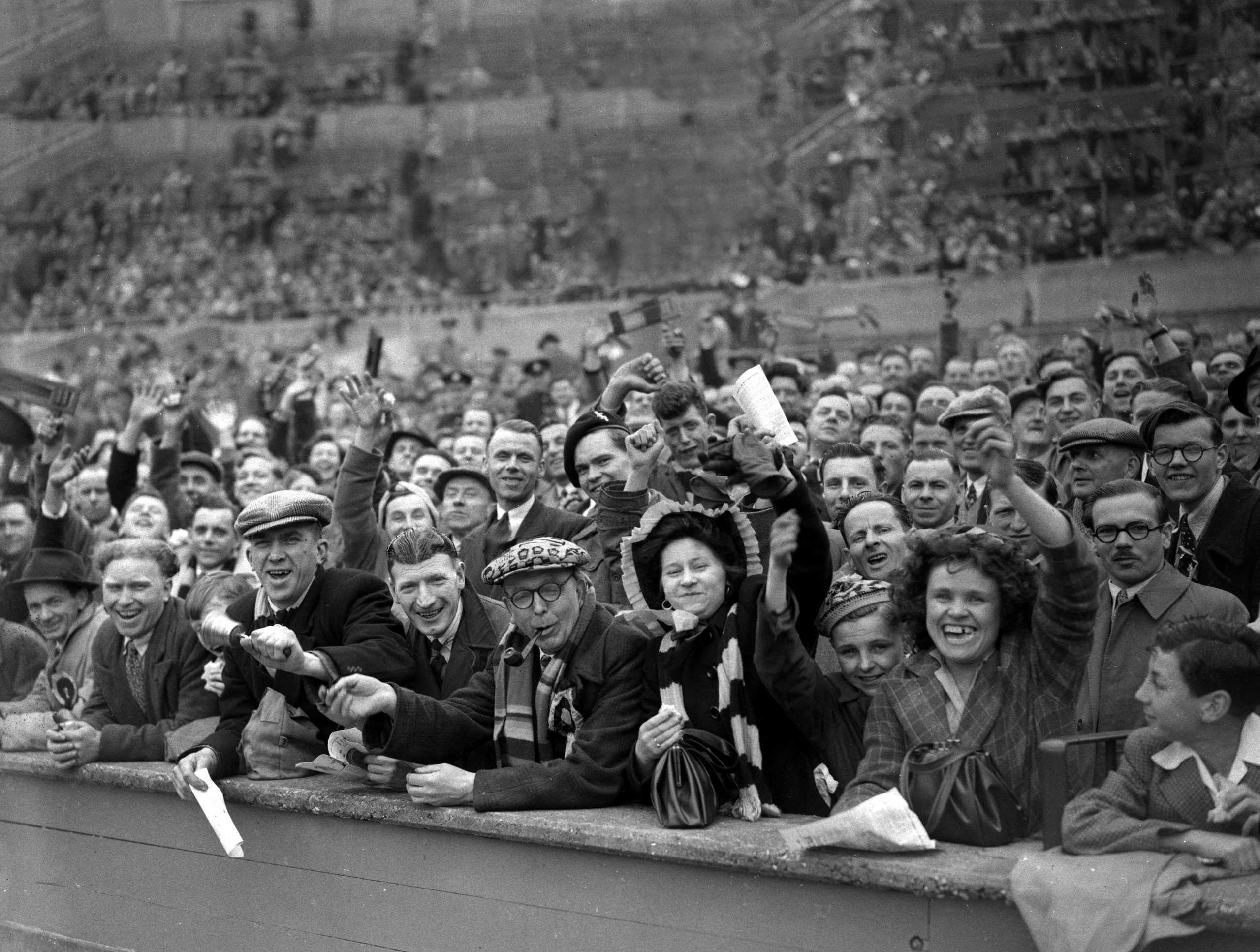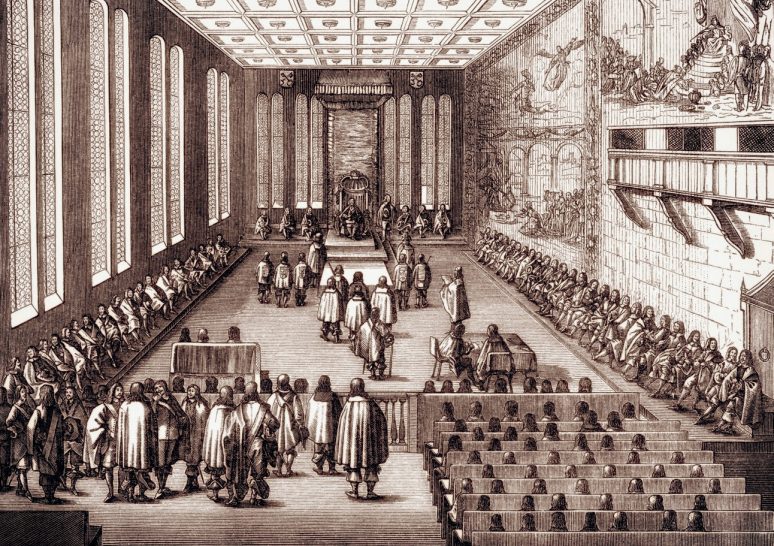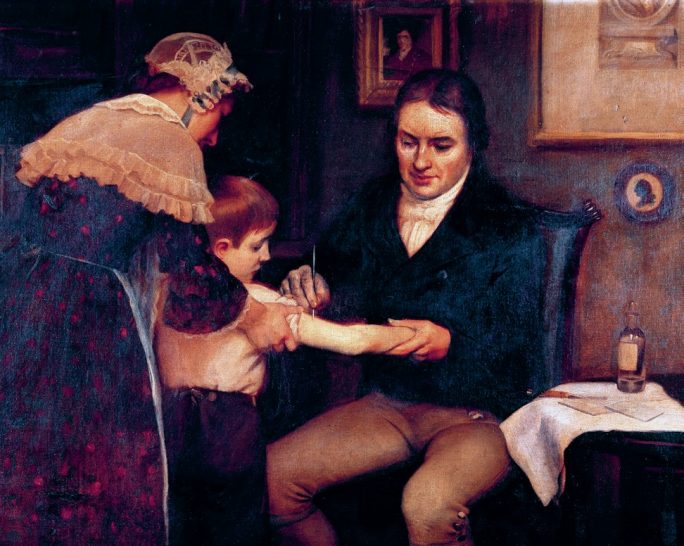
This article explores the changing social complexion of football, from the Victorian period to the rise of the Premier League in the late twentieth century. It outlines the problems historians face in pinpointing precisely who watched and followed the game. It also suggests that the narrative of football as the sport of the British people runs the risk of overlooking those sectors of the population who were historically excluded from the terraces.
The notion of ‘the people’ is highly contested in British social history. Some have argued that it developed in the nineteenth century as an alternative category to that of class, one that was potentially more inclusive and universal. But most contemporary observers and historians have used the notion of ‘the people’ interchangeably with that of ‘the working class’. The implication in the context of football was that it was a sport that ‘belonged’ primarily to workingclass people.
Your organisation does not have access to this article.
Sign up today to give your students the edge they need to achieve their best grades with subject expertise
Subscribe




